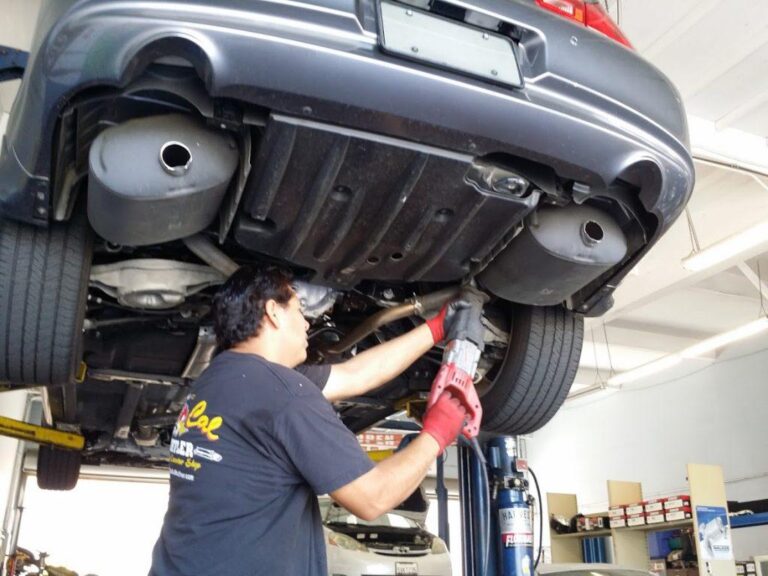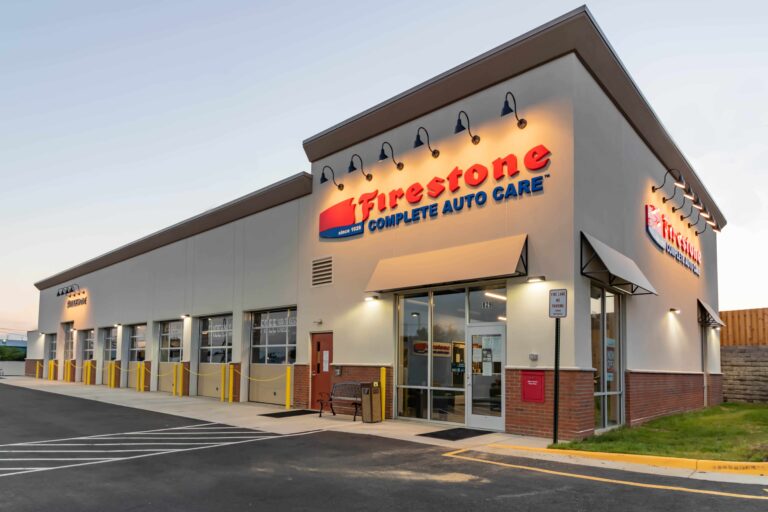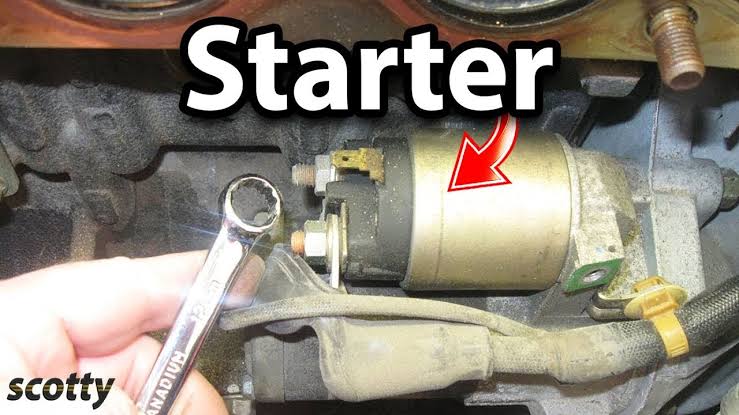Will a Dirty Air Filter Cause the Engine Light to Come On?

A dirty air filter is a common car maintenance issue that many vehicle owners overlook. While an air filter’s primary function is to ensure clean air enters the engine for combustion, it can cause various engine problems if it becomes clogged or dirty. A frequently asked question is whether a dirty air filter can trigger the check engine light. Let’s explore the possible connections between a dirty air filter and the engine light coming on.
Understanding the Role of the Air Filter
The air filter in your vehicle plays a crucial role in maintaining engine performance. It filters out dust, debris, and other contaminants from the air entering the engine, ensuring only clean air is mixed with fuel for combustion. Without a properly functioning air filter, harmful particles could enter the engine, causing internal damage, decreased efficiency, and increased emissions.
Can a Dirty Air Filter Trigger the Check Engine Light?
In short, a dirty air filter by itself is unlikely to directly trigger the check engine light. However, a clogged air filter can lead to a series of events that may indirectly cause the engine light to illuminate.
1. Reduced Airflow and Engine Performance
If the air filter becomes dirty or clogged, it can restrict airflow to the engine. This can cause the engine to struggle to get enough air for combustion, leading to performance issues. In some cases, the engine control unit (ECU) detects this reduced airflow and may trigger a check engine light.
2. Increased Fuel Consumption
A dirty air filter can also affect the air-fuel mixture, causing it to become imbalanced. This imbalance can lead to the engine using more fuel than necessary, which may trigger the mass airflow sensor (MAF) or the oxygen sensor to report abnormal readings to the ECU. These sensors are connected to the engine’s efficiency, and when they detect problems related to the air-fuel mixture, the check engine light could come on.
3. Air-Fuel Mixture Imbalance
When the air filter is clogged, the engine might not get the required amount of air. This forces the fuel injectors to compensate by injecting more fuel into the engine to maintain the correct fuel-to-air ratio. If the ratio becomes too rich (too much fuel), the engine may begin to run poorly, potentially triggering the check engine light.
4. Damaged Sensors
In more extreme cases, a dirty air filter can cause debris and dust to accumulate on vital sensors, such as the mass air flow (MAF) sensor. A malfunctioning MAF sensor can affect the engine’s air-fuel ratio and may eventually lead to a check engine light. The engine light would likely turn on because the ECU detects a sensor malfunction rather than just the dirty air filter.
Common Codes Associated with a Dirty Air Filter
When a dirty air filter contributes to engine problems, your vehicle’s onboard diagnostic system may detect the issues and record trouble codes. Common error codes related to a dirty or clogged air filter include:
- P0100 – Mass Air Flow (MAF) Sensor Circuit Malfunction
- P0171 – System Too Lean (Bank 1)
- P0174 – System Too Lean (Bank 2)
These codes typically indicate that the air-fuel mixture is off due to restricted airflow, which could be caused by a dirty air filter.
How to Prevent the Check Engine Light from Coming On
To avoid triggering the check engine light, it’s essential to replace or clean your air filter regularly. The general recommendation is to replace your air filter every 12,000 to 15,000 miles, but this can vary depending on your driving conditions. If you drive in dusty or polluted environments, you may need to change it more often.
Steps to Prevent Air Filter-Related Issues:
- Regular Maintenance: Inspect the air filter periodically and replace it if it’s dirty or clogged.
- Professional Inspections: If you notice performance issues such as rough idling, reduced fuel efficiency, or engine hesitation, have your vehicle checked by a professional to identify potential problems related to the air filter or sensors.
- Clear Engine Codes: If the check engine light has already come on, use an OBD-II scanner to check for error codes. If the issue is related to the air filter, replacing or cleaning it may resolve the problem.
Conclusion
While a dirty air filter doesn’t usually trigger the check engine light on its own, it can cause a series of problems that eventually result in the light turning on. Restricted airflow, poor air-fuel mixture, and malfunctioning sensors can lead to engine performance issues, which the engine control unit (ECU) detects and signals with the check engine light. Regular air filter maintenance can help prevent these problems and keep your engine running smoothly.
FAQs
1. How often should I replace my air filter to avoid engine problems?
It’s recommended to replace your air filter every 12,000 to 15,000 miles, or more often if you drive in harsh conditions like dusty roads.
2. Can I clean my air filter instead of replacing it?
In some cases, air filters can be cleaned, especially if they are reusable. However, many paper-based filters must be replaced when they become dirty or clogged.
3. What are the signs of a clogged air filter?
Signs of a clogged air filter include reduced engine performance, poor fuel economy, rough idling, or hesitation when accelerating.
4. What happens if I drive with a dirty air filter?
Driving with a dirty air filter can reduce engine efficiency, cause poor fuel economy, and eventually lead to sensor malfunctions or engine misfires, potentially triggering the check engine light.
5. Can I reset the check engine light after fixing the air filter?
Yes, once the air filter is replaced or cleaned and any related issues are addressed, you can reset the check engine light using an OBD-II scanner, or it may reset itself after driving for a short period.





